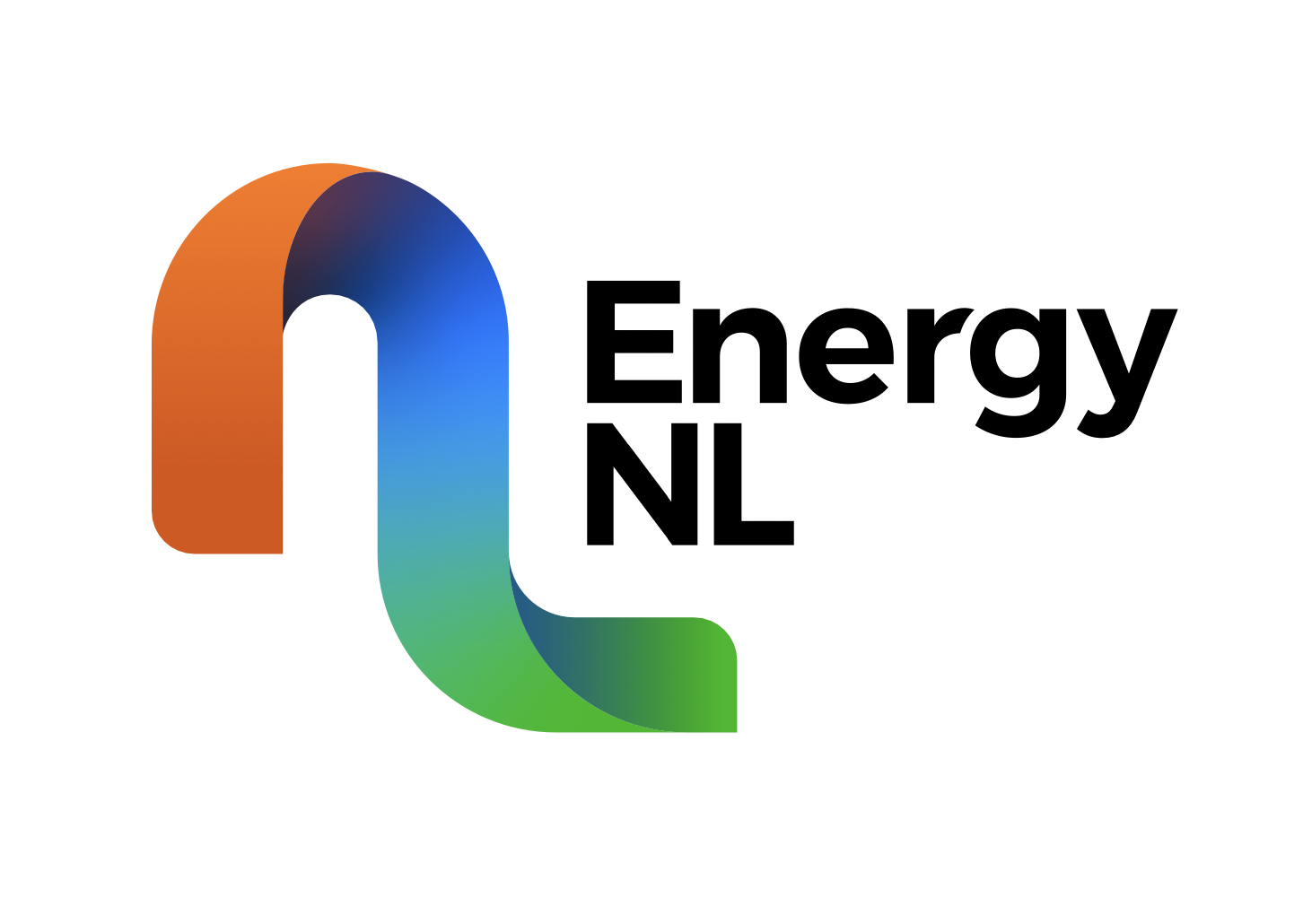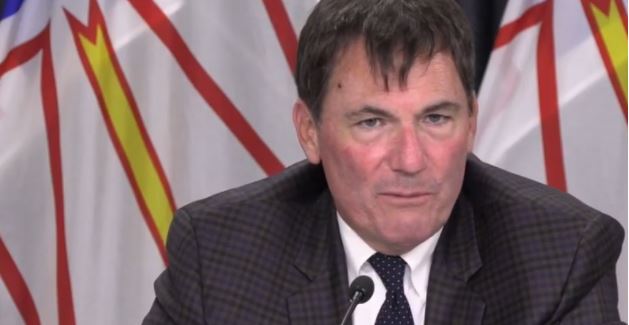Premier Andrew Furey and federal Intergovernmental Affairs Minister Dominic LeBlanc say they are on the same page when it comes to ensuring the future viability of Newfoundland and Labrador’s oil and gas sector.
And while they remained short on details, LeBlanc seemed to hint at some sort of announcement in the coming weeks.
Furey said he won’t be held to an earlier promise to unveil a September budget until there’s more clarity as to what to expect.
“It’s too critical for the future of Newfoundland and Labrador to be bound by a September timeline,” he told reporters in a media availability.
LeBlanc said Ottawa is on board.
“The premier was very forceful in our conversation earlier this afternoon in re-emphasizing what this means to the economy of Newfoundland and Labrador, and the thousands and thousands of women and men who earn their living either directly or indirectly from the oil and gas sector,” said LeBlanc, who was appointed to his post the day before Furey was sworn in. “It has been a Canadian success story for many decades.”
The minister said the support will not come in the form of subsidies.
“What we’re looking at is a series of policy instruments across the board that would provide for the province of Newfoundland and Labrador the opportunity to ensure that there’s a sustainable, long-term future in this industry.”
Under former premier Dwight Ball, the province has been intently lobbying the government for some sort of financial help, including the possibility of mitigating electricity rates.
LeBlanc said that is still under discussion, but balked at calling it a bailout.
“We’re talking about the country recognizing the unique fiscal circumstances of Newfoundland and Labrador,” he said.
“Big, bold ideas are what should inspire the relationship between our two governments.”
While oil and gas comprise 30 per cent of the province’s GDP, Fury said it’s not his government’s only focus. He said he’s also looking at the technology sector, fisheries, and arts and entertainment.
“We bat above our weight when it comes to arts and entertainment around the country and I think we can develop that into a thriving, more diversified economy.”
When asked if Ottawa is stepping back from its earlier promises to transition away from fossil fuels, LeBlanc and Furey said they don’t see continued development in the industry to be mutually exclusive from promoting green energy.
“I certainly think Canadians expect their government to play a leadership role in transforming parts of our economy that can in fact become lower emitters of carbon, and innovate to provide the kind of green jobs that I think right across the country we can see in different sectors,” LeBlanc said.
“Those two ideas are not mutually exclusive.”
Furey said he’s still committed to making the province carbon neutral by 2050.
“We need to exercise the value of that product while it’s still valuable, recognizing that it won’t be valuable forever,” he said, comparing current changes in environmental awareness to the industrial revolution of the 1800s..
“This is a revolutionary time, but the key is, it is a time. It’s not going to happen overnight.”
The United Nations’ Intergovernmental Panel on Climate Change (IPCC) has found that emissions from fossil fuels are the dominant cause of global warming. In 2018, it reported that 89 per cent of global carbon dioxide emissions came from fossil fuels and industry.
Oil contributes about a third of the world’s total carbon emissions.
—
Source: The Telegram | This text was excerpted from the media outlet cited on August 21, 2020 and is provided to Noia members for information purposes only. Any opinion expressed therein is neither attributable to nor endorsed by Noia.






